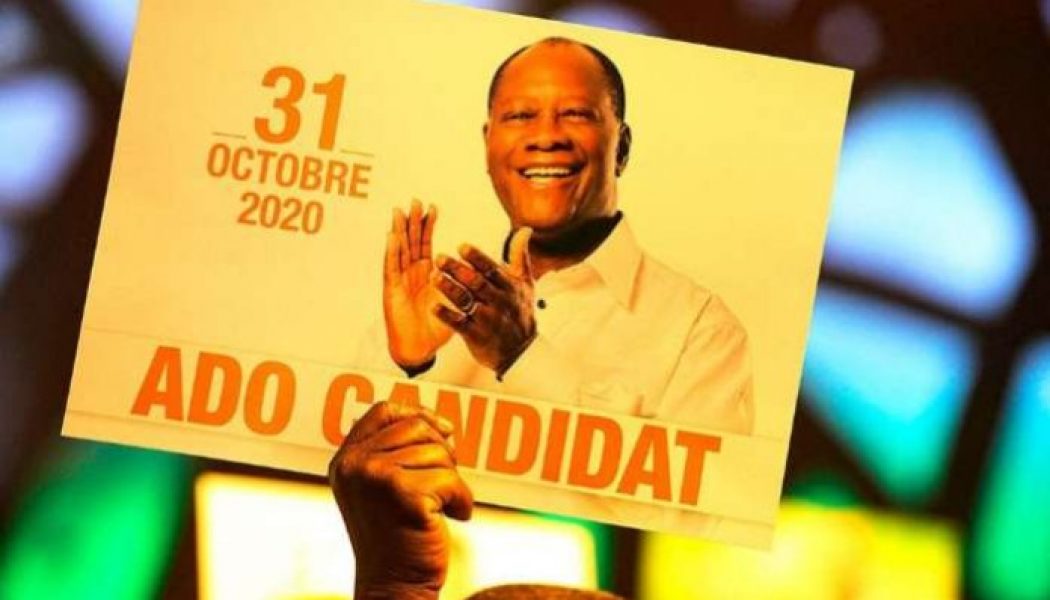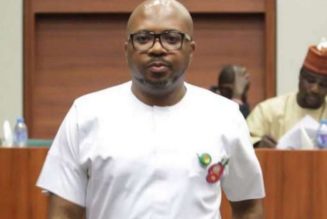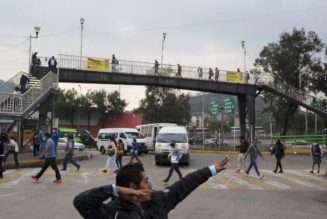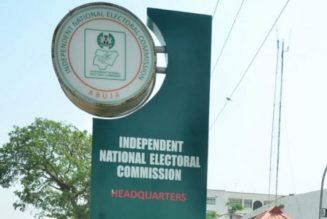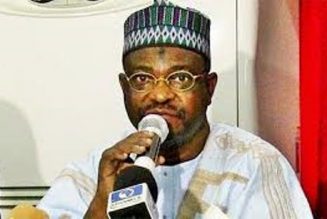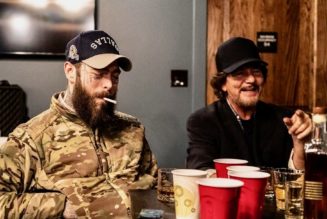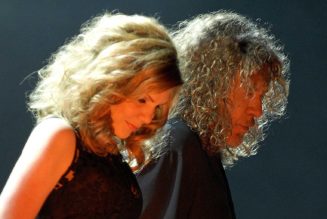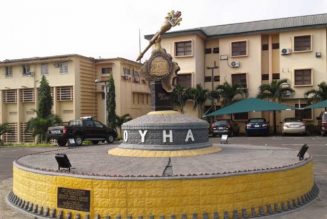
vAt least one person was killed in clashes in Ivory Coast on Saturday in the latest violence sparked by President Alassane Ouattara’s controversial decision to run for a third term in October.
The shooting death brings to four the number of people killed in the central town of Daoukro, a stronghold of former president Henri Konan Bedie, who is also a candidate in the election.
Across Ivory Coast, at least six people have died and more than 100 have been injured in violence after Ouattara’s shock announcement.
Tensions were high on Saturday in Daoukro, where clashes between supporters of Bedie and Ouattara began on Tuesday.
The town’s main market and shops were closed and police were deployed all over.
Armed with shotguns, clubs and machetes, young people from the village of Anoumabo rushed to a pro-Ouattara district, where the gendarmerie intervened.
Apollinaire N’Goran Kouame, 45, was later shot while he was standing guard with others from Anoumabo, AFP journalists reported.
Ouattara, 78, announced a week ago that he would contest the October 31 presidential elections after his anointed successor Prime Minister Amadou Gon Coulibaly died of a heart attack.
His critics cried foul, saying he has already served two terms — the maximum allowed by the constitution — and can only contest a third by arguing that a constitutional change entitles him to reset the clock.
The vote is taking place in a country still scarred by a low-level civil war that erupted in 2011 when former strongman Laurent Gbagbo refused to cede power to Ouattara after losing elections.
The ensuing unrest claimed some 3,000 lives and split the country along north-south lines.
Bedie, an 86-year-old former president who last month was endorsed by the historically dominant Democratic Party of the Ivory Coast (PDCI) as its candidate, has called Ouattara’s bid “illegal”.
Sporadic protests broke out on Thursday in Abidjan, Ivory Coast’s economic hub, and other cities as demonstrators defied a government ban on gatherings.
Groups of demonstrators built barricades and burnt tyres in response to a call from the opposition and civil society groups, AFP journalists saw.
Sixty-eight people were arrested for “disturbing public order, inciting revolt, violence against law enforcement officials and destruction of property of others” during the demonstrations, according to a government statement released on Friday.
